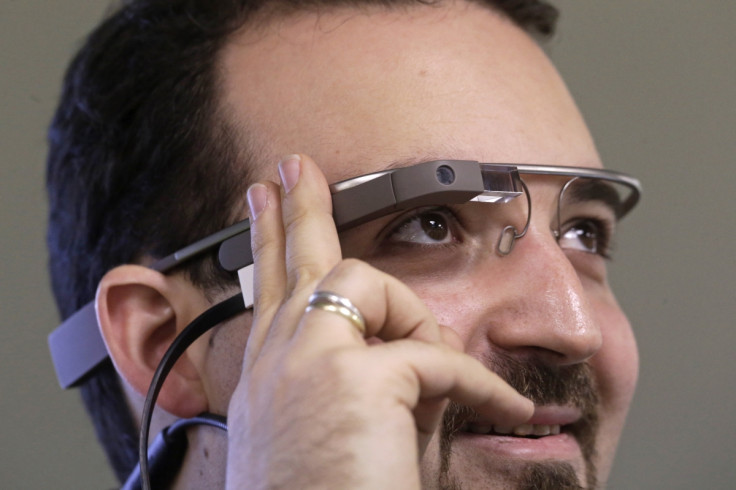Google exec says Glass a case of 'pausing and resetting' as death knell continues to toll

The future of Google Glass remains in doubt, as the company's chief financial officer refers to the gadget's stalled development as an example of when a "reset" of strategy is required.
Speaking on Google's earnings call for the fourth fiscal quarter of 2014, CFO Patrick Pichette said the recent cancellation of the Glass Explorer programme is an example of the search giant needing to pause, take a step back and rethink its strategy before trying again.
"When teams aren't able to [leap] hurdles, but we think there's still a lot of promise, we might ask them to take a pause and take the time to rest their strategy, as we recently did in the case of Glass."
Pichette added: "And in those situations where projects don't have the impact we hope for, we do take the tough calls, we make the decision to cancel them, and you've seen us to this time and time again."
Google is no stranger to cancelling products, with recent examples including the Wave online collaboration platform and the Nexus Q, a digital media player. But neither gained the enormous attention (and controversy) of Glass, which features a heads-up display beaming texts, emails, walking directions and web search results into the wearer's right eye, plus a forward-facing camera for taking photos and recording video with voice instructions.
"You want them to be iterating. But you want them to shut things down things that aren't working. Don't throw money into dead holes," Colin Gillis, a BGC Partners analyst, told Reuters.
Having thought to be gearing up for the public launch of a cheaper, consumer-focused model, the Glass Explorer programme - where Glass could be bought by app developers and fans for £1,000 - was discontinued on 19 January. Glass is now in the hands of Tony Fadell, the former Apple executive who is known as one of the fathers of the original iPod and more recently created the Nest smart thermostat.
No one knows what form Glass will take when it sees the light of day again - if indeed it ever does - but if it does disappear it will go down as one of Google's largest and most public failures to date.
Interest in wearables is still strong - and growing, thanks in no small part to the company's Android Wear smartwatch system. But Glass's sci-fi design may become one of those things that's looked back on as being too far ahead of its time.
© Copyright IBTimes 2025. All rights reserved.






















